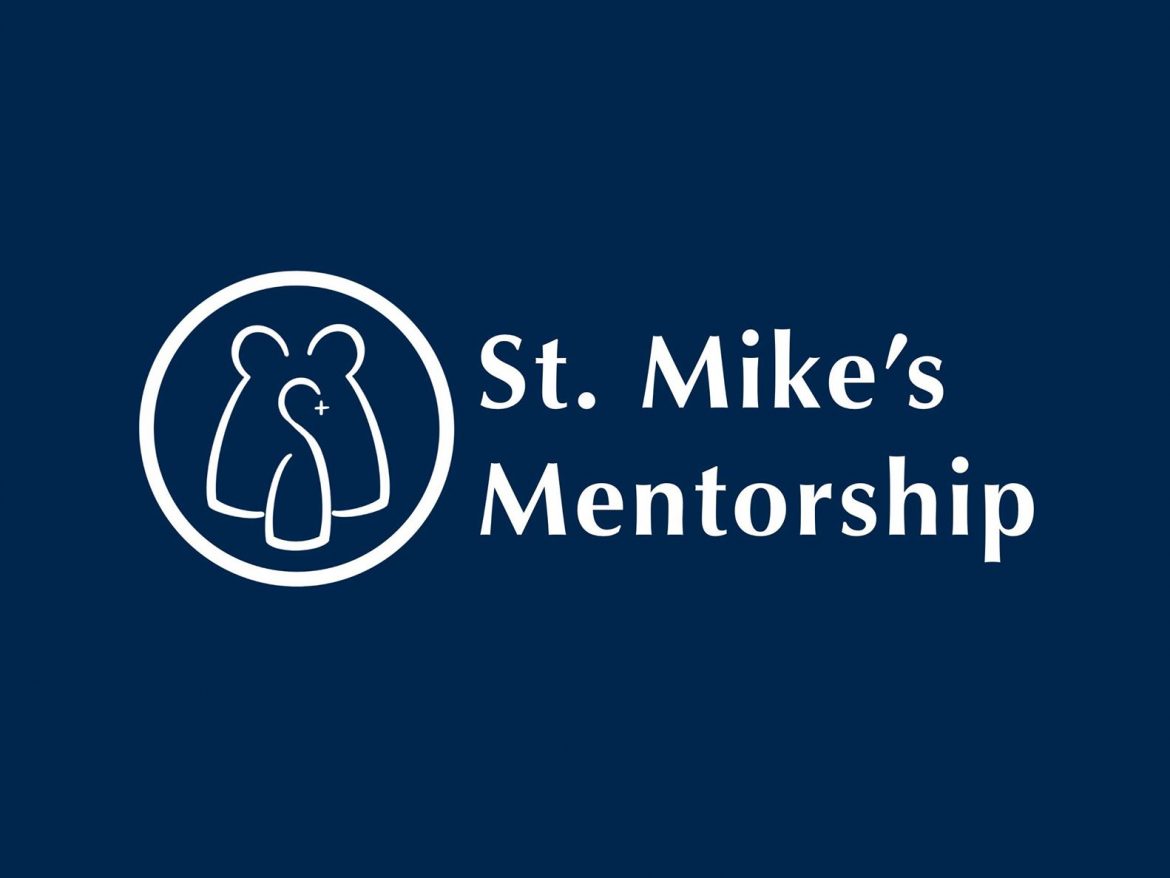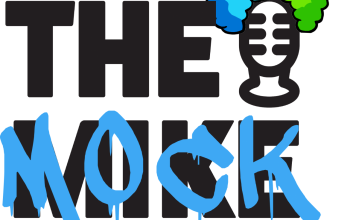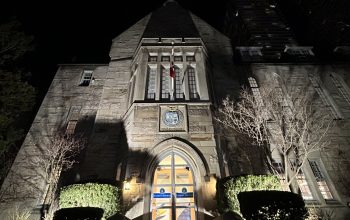Photo Credit: St. Michael’s College Mentorship Program
Building a unique program under unique circumstances
Andrea Taylor, Joshya Singh, Nicolas Vergara Ruiz, and Ren Manalo
During a time of great change and uncertainty, the St. Michael’s College Mentorship Program has not stopped its mission. Backed with a team of 44 upper-year students, the program seeks to help first-year mentees transition into university life, although now under different conditions.
Many on the team were inspired to act as mentors due to their experiences as mentees themselves. As a mentee, one expects to benefit from the experience of an upper-year student, who serves as an all-in-one advocate, listener, and resource provider. The mentees should expect an inclusive space for growth and support within the program and across campus. Mentees will also have the opportunity to mature as leaders themselves. However, with the ever-changing circumstances not only within the university but also throughout the world, it is understandable that many may worry these expectations will not be met.
Mentors themselves are not exempt from these concerns. As meetings and check-ins are all conducted online, there is a growing concern for the formation of interpersonal connections and encouraging participation, as well as the greater likelihood for misunderstandings through communication behind a screen. With the mentors spanning 37 different countries and mentees joining from many more, it is safe to say that the program has gone global. Nonetheless, this situation comes hand in hand with the drawback of keeping up with time zone differences and accessibility challenges.
To overcome these obstacles, the St. Mike’s Mentorship team transformed its agenda to best address the current situation. Before the start of e-mentorship, all mentors participated in a six-week period of virtual training. This virtual training included mentors individually completing online modules and attending workshops with the program coordinators. Through these activities, mentors were educated on how to provide resources tailored to the needs of the mentee and strengthen their capacity of accurate risk assessment.
A significant focus of the training was to better enable one-on-one online communication. These sessions were centered around facilitating open conversation in a virtual setting. This helped incorporate the ability to actively and empathetically listen. This also allowed for the implementation of each individual’s own observations and experiences into their suggestions. The program also encompassed numerous webinars regarding e-mentorship and netiquette, in order to build strong and meaningful connections with mentees through check-in sessions or emails, Zoom interactions, and team socials and “gatherings.” Collaboration between mentors, senior mentors, and mentorship coordinators enabled personal and professional development of each member’s role within the program. This led to each individual becoming more capable of extending support to mentees and fellow peers.
The program originally allocated a day for team-building exercises between the mentors and senior mentors. However, with everything being switched to an online environment, the program coordinators were required to devise other methods of fulfilling the same objectives as those proposed for physical gatherings. As a result, the program team created a structured online tournament using the Jackbox gaming platform. Each group was prompted to create full team branding, including a slogan and logo, and vied for a chance to win a grand prize. As an alternative to in-person meetings, the virtual tournament seemingly proved to effectively connect remote teams by promoting online social interaction.
Having switched to permanent e-mentorship this semester, the senior mentors and their team will hold their weekly workshops over Bb Collaborate. These workshops are intended to provide first-year students with strategies to perform the best they can in their academics. The workshops also provide advice on how to navigate unique challenges first-year students may experience.
So far, virtual workshops have provided a great platform for professional socialization and have allowed students to ask questions in a much friendlier capacity. In conjunction with the workshops, the program’s Anonymous Feedback Form has served as an unrestricted and confidential source for constructive feedback, highlighting the importance of transparency and flexibility in the mentoring approach. Through a consistent framework of support and confidentiality, the role of the individual in instigating program-wide growth is revealed.
Overall, the program has maintained its objective of exemplifying the values of knowledge, kindness, and generosity from St. Michael’s College towards incoming first-year students. In all their endeavours, the team hopes to be able to foster holistic growth in each person within and beyond the program, as well as demonstrating cohesiveness, solidarity, and inclusivity in their interactions. Though the transition to online mentorship was unprecedented, the mentorship team has adjusted to develop a program that will provide the mentees with a robust, and exciting experience. At a distance, all members of the St. Michael’s College Mentorship Program hope to rediscover togetherness—in a new light.




